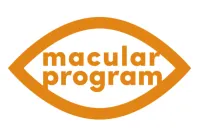
Prevent, Stabilize, Reverse Macular Degeneration
Welcome to the Macular Program
The Macular Program is specifically tailored for individuals affected by macular degeneration. This condition can stem from various factors, including hormonal decline, oxidative stress, inflammation, and general disruptions in the body's chemical processes. The goal of our program is to rejuvenate the cells in the macula to improve their function and halt further deterioration.
Our approach is centered on a personalized, multi-modal strategy that factors in your medical history and biochemical profile derived from comprehensive laboratory assessments. Your individualized care plan will feature specific nutraceuticals and, where necessary, bio-identical hormones. These interventions are designed to optimize your cellular health and reinvigorate the functionality of your genes.
To halt the progression of macular degeneration most effectively, it's crucial to initiate treatment as soon as possible, before macula damage becomes permanent. Once the damage is irreversible, our options are limited to stabilizing the condition. However, early intervention can potentially reverse vision loss.
The Macular Program is specifically tailored for individuals affected by macular degeneration. This condition can stem from various factors, including hormonal decline, oxidative stress, inflammation, and general disruptions in the body's chemical processes. The goal of our program is to rejuvenate the cells in the macula to improve their function and halt further deterioration.
Our approach includes a targeted mix of hormonal treatments, carefully chosen nutraceuticals, and personalized nutritional guidance derived from individual lab tests. We aim to reactivate genes that have become inactive as a result of aging. Our studies indicate that this method can not only stabilize but potentially enhance vision in nearly half of the participants suffering from macular degeneration. Additionally, it could decrease the frequency of eye injections and reduce the chances of the condition worsening from the dry type to the more severe wet type.
We highly advocate for patients to undertake this program, which is grounded in scientific research, as soon as possible. Early participation can significantly diminish the likelihood of the disease advancing to an irreversible stage.
Welcome to the Macular Program
We highly recommend patients to become part of this research-backed program as soon as possible. Participating early can substantially mitigate the risk of the disease becoming irreversible.
To discover how this may benefit you, click the button 👇 below to Speak to a Specialist.
After viewing the video, click the button 👇 to “Book a Call” or Speak to an Advisor.

Prevent, Stabilize, Reverse Macular Degeneration
⬇️ Watch The Educational Video And Book Your Free Consultation ⬇️
Welcome to the Macular Program
The Macular Program is specifically tailored for individuals affected by macular degeneration. This condition can stem from various factors, including hormonal decline, oxidative stress, inflammation, and general disruptions in the body's chemical processes. The goal of our program is to rejuvenate the cells in the macula to improve their function and halt further deterioration.
Our approach is centered on a personalized, multi-modal strategy that factors in your medical history and biochemical profile derived from comprehensive laboratory assessments. Your individualized care plan will feature specific nutraceuticals and, where necessary, bio-identical hormones. These interventions are designed to optimize your cellular health and reinvigorate the functionality of your genes.
To halt the progression of macular degeneration most effectively, it's crucial to initiate treatment as soon as possible, before macula damage becomes permanent. Once the damage is irreversible, our options are limited to stabilizing the condition. However, early intervention can potentially reverse vision loss.
We highly recommend patients to become part of this research-backed program as soon as possible. Participating early can substantially mitigate the risk of the disease becoming irreversible.
To discover how this may benefit you, click the button 👇 below to Speak to a Specialist.

Symptoms of the disease
Difficulty seeing in dim light.
Slowly progressive blurred vision not improved with glasses.
Distorted Vision: Straight lines might appear wavy or curved, which is a sign of wet macular degeneration.
Spots: There may be dark blind spots in the center of vision which may be transitory.

Macular Degeneration symptoms usually develop gradually and without pain. Over time, as the condition worsens, symptoms become more pronounced and can significantly affect daily activities like reading, driving and recognizing faces.
Symptoms of the disease

Difficulty seeing in dim light..
Slowly progressive blurred vision not improved with glasses.
Distorted Vision: Straight lines might appear wavy or curved, which is a sign of wet macular degeneration.
Spots: There may be dark blind spots in the center of vision which may be transitory
Macular Degeneration symptoms usually develop gradually and without pain. Over time, as the condition worsens, symptoms become more pronounced and can significantly affect daily activities like reading, driving and recognizing faces.

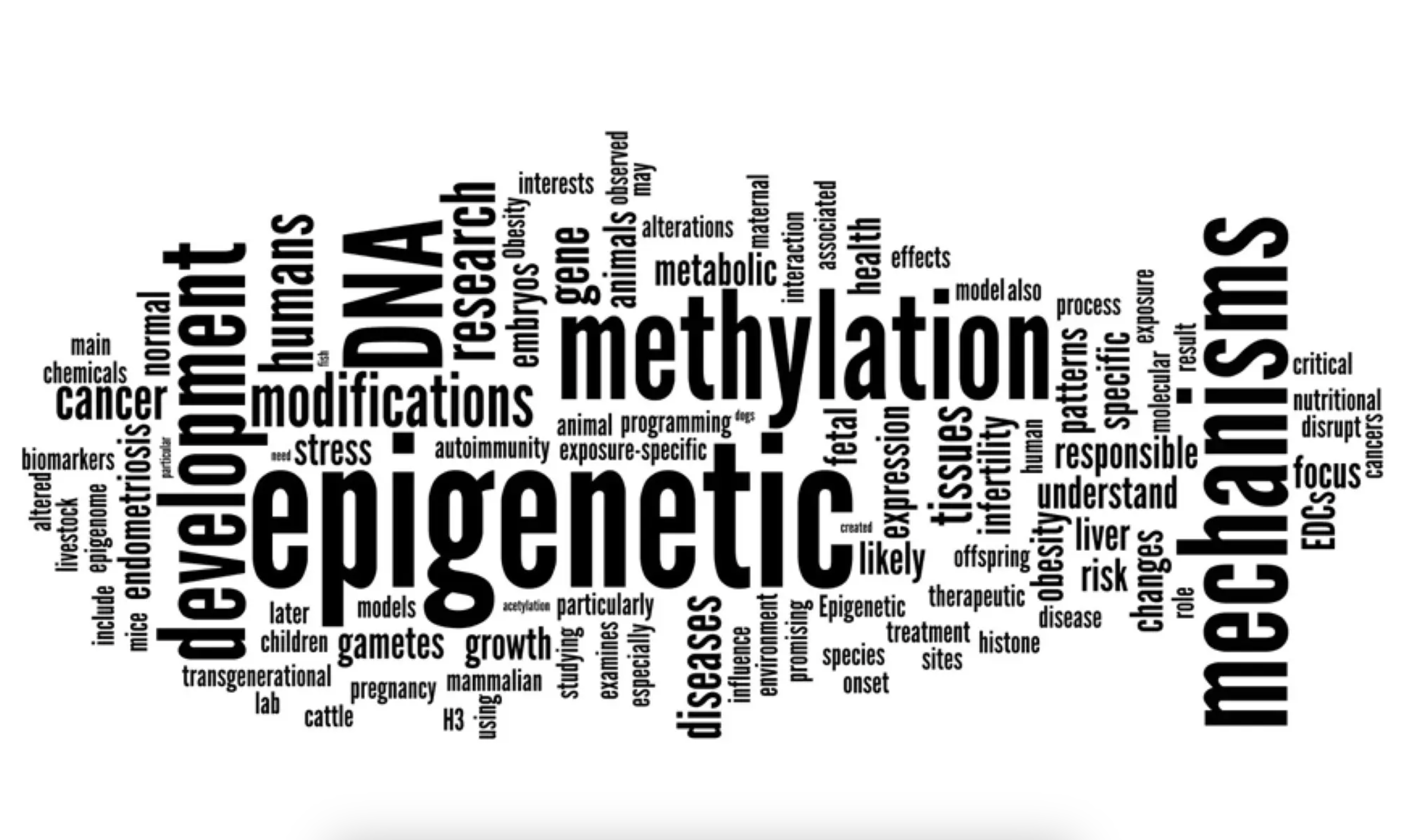
Our Methodology
Our team of medical experts develop custom-tailored care plans involving nutrition, nutraceuticals and hormones to optimize cellular biochemistry. These care plans are based on history and blood testing and enhance eye and overall health and well being. The goal is to restore optimal cellular function to stop or reverse the “degeneration” of cells.
Introducing the HOMING Method to Combat
Macular Degeneration

Our Methodology

Our team of medical experts develop custom-tailored care plans involving nutrition, nutraceuticals and hormones to optimize cellular biochemistry. These care plans are based on history and blood testing and enhance eye and overall health and well being. The goal is to restore optimal cellular function to stop or reverse the “degeneration” of cells.
The HOMING Method
The HOMING Method
The HOMING Method guides the personalized care plan for Age-related Macular Degeneration (AMD).
HOMING is an acronym for Hormones, Oxidation, Methylation, Inflammation, Nutrition and Genetics. The goal is to improve cell biochemistry either directly or by epigenetic mechanisms, (reawakening dormant genes that down regulate with aging)
Literature Citation demonstrating stability and improvement of dry and wet AMD
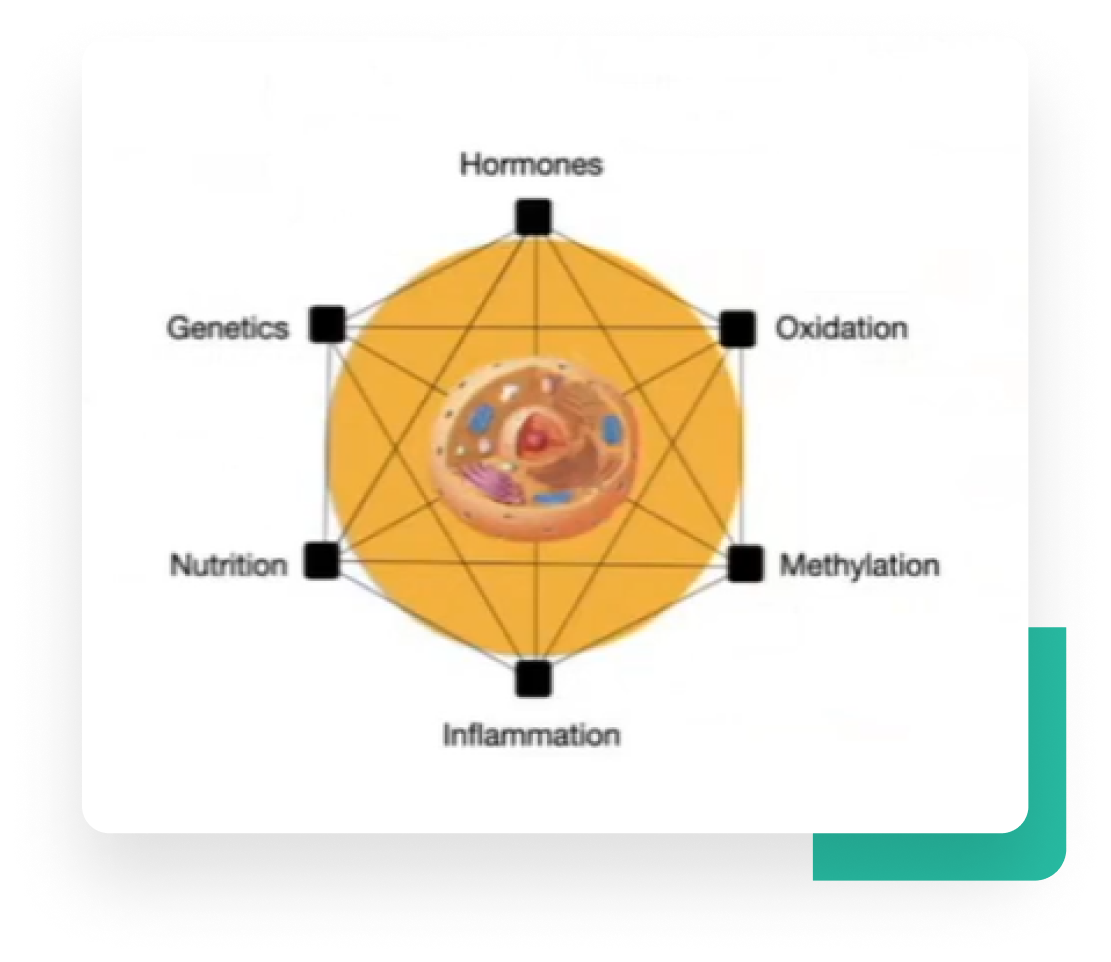
Let’s Talk about Your
Dry or Wet AMD Goals
Let’s Talk about Your
Dry or Wet AMD Goals
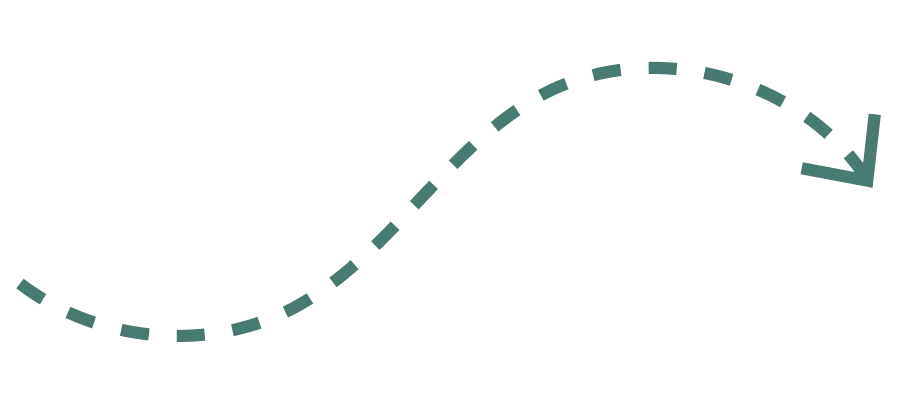
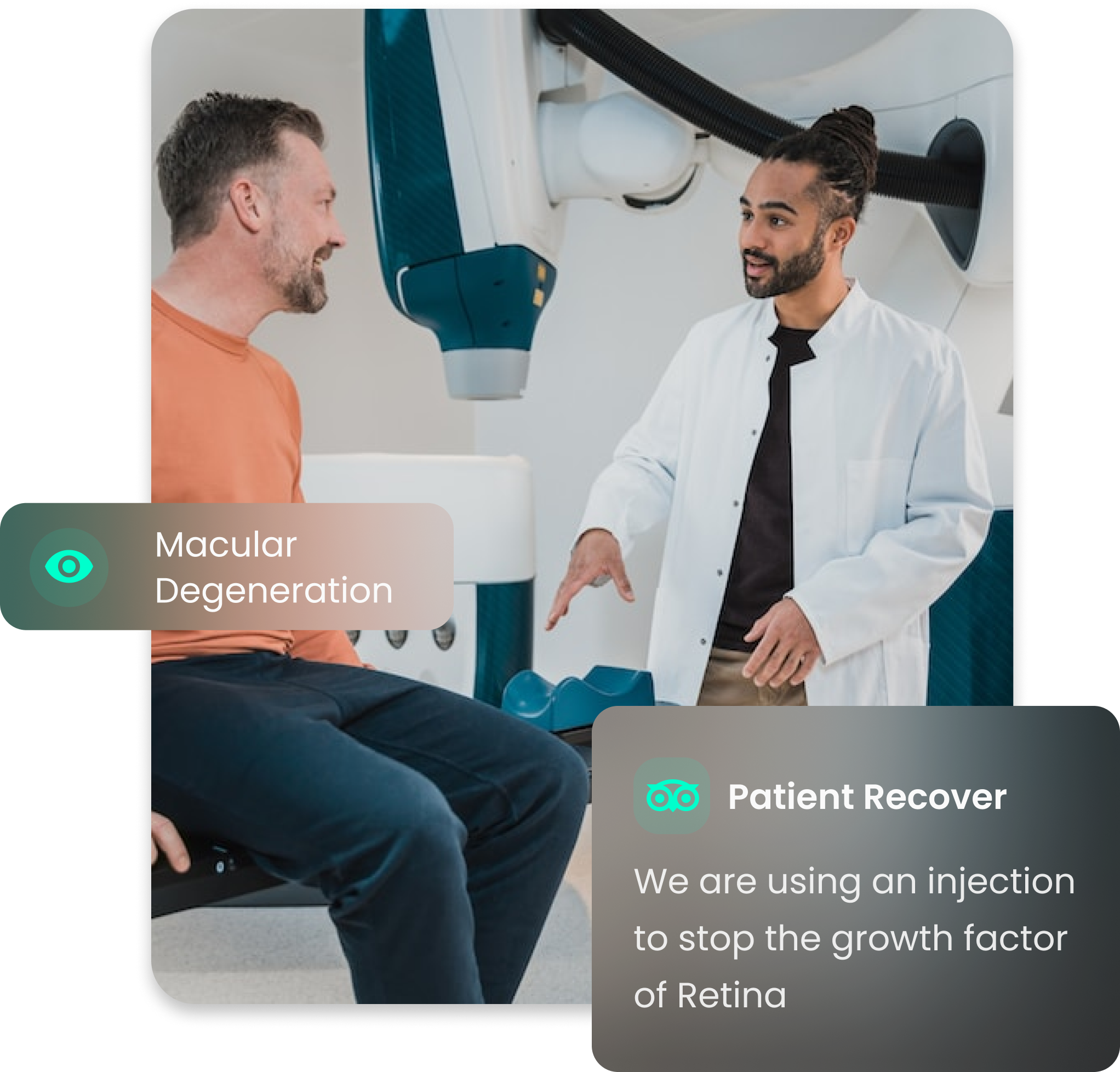
In 2020, we conducted a study with 365 dry or wet AMD patients. We found that stability or improvement was possible for dry or wet AMD.
48% of dry AMD improved.
60% of wet AMD improved.

In 2020, we conducted a study with 365 dry or wet AMD patients. We found that stability or improvement was possible for dry or wet AMD.
It won the Advancements in Health Care Award.
Had it not been for our success in many patients we may never have pursued macular degeneration.
We discuss the discovery process in our presentations.
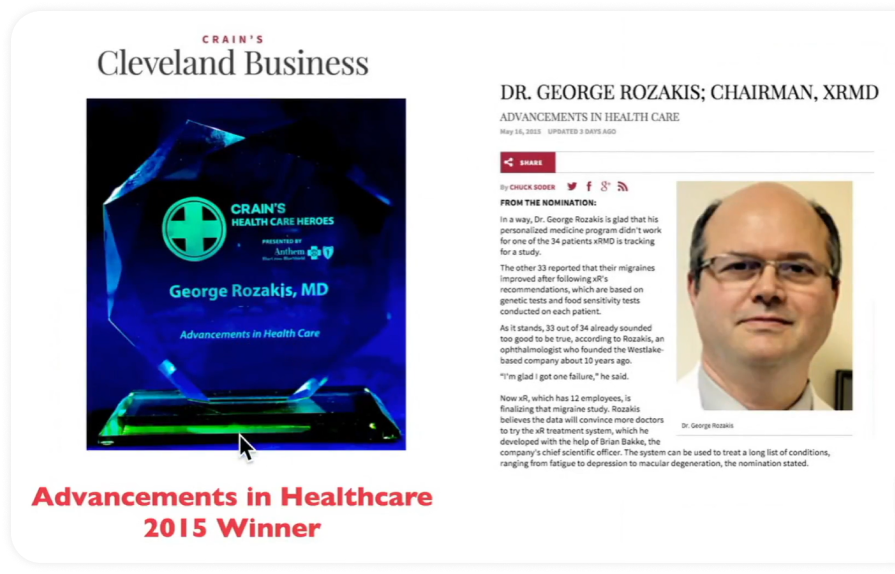
The HOMING method has been a success in many clinical conditions indicating that addresses root causes of disease.
It won the Advancements in Health Care Award.
Had it not been for our success in many patients we may never have pursued macular degeneration.
We discuss the discovery process in our presentations.

Who will be eligible for
the Program

Prevent AMD
Failures of Dark Adaptation Testing
Drusen
Dry AMD with Vision Loss
Reducing conversion of Dry to Wet AMD
Wet AMD
Diabetic Retinopathy
Vein Occlusions
Preparing for Cataract Surgery in Eyes with AMD
Glaucoma
Retinitis Pigmentosa

Macular hole
Artery Occlusion
Macular Pucker (Epiretinal Membrane)
Floaters
Retinal Detachment
Irreversible Advance Macular Degeneration

Who will be eligible for
the Program

Prevent AMD
Failures of Dark Adaptation Testing
Drusen
Dry AMD with Vision Loss
Reducing conversion of Dry to Wet AMD
Wet AMD
Diabetic Retinopathy
Vein Occlusions
Preparing for Cataract Surgery in Eyes with AMD
Glaucoma
Retinitis Pigmentosa

Macular hole
Artery Occlusion
Macular Pucker (Epiretinal Membrane)
Floaters
Retinal Detachment
Irreversible Advance Macular Degeneration
The Experts behind the Program

George W. Rozakis MD
Board Certified Ophthalmology

Brian A. Bakke, Ph.D
Ph.D. in Biochemistry
The Experts behind the Program

George W. Rozakis, MD
Board Certified Ophthalmologist / Biomedical Engineer

Brian Bakke, Ph.D
PhD in Biochemistry

What our patients say

Calvin K.
I am extremely pleased with the program. My eyesight has improved, especially my long distance vision for driving. I am able to drive at night!

What our patients say

Calvin K.
I am extremely pleased with the program. My eyesight has improved, especially my long distance vision for driving. I am able to drive at night!

Macular Program Articles
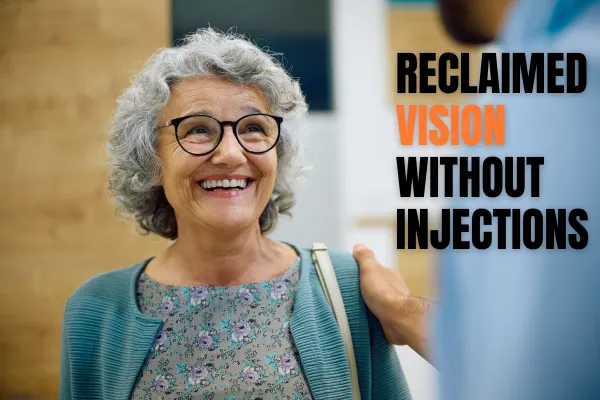
How Victoria Got Back Her Vision Without Injections
Imagine waking up one day to find the world around you slowly fading away, the vibrant colors and sharp edges blurring into a haze. This frightening scenario is a reality for many individuals diagnosed with macular degeneration, a condition that threatens the very essence of how we connect with the world: our vision. However, nestled within this daunting reality lies a beacon of hope—the Macular Program, an innovative approach that aims to not just halt but potentially reverse the progression of this eye condition.
Victoria's story is a testament to the transformative power of this program. Before joining, she faced the all-too-familiar regimen of frequent injections to manage the "wet" form of macular degeneration in her right eye—a treatment as uncomfortable as it sounds, aimed at slowing vision loss without offering a cure. Fast forward to her recent checkup, and the results speak volumes: no injection was needed. Her eye pressure was perfectly normal, and her vision? An impressive 20/25 in both eyes.

What makes the Macular Program stand apart is its personalized, multi-modal strategy. It isn't a one-size-fits-all solution; instead, it considers each individual's medical history and biochemical profile through comprehensive lab assessments. The program then tailors a specific regimen of nutraceuticals and bio-identical hormones designed to rejuvenate the macula cells. By addressing the root causes of macular degeneration, such as hormonal decline, oxidative stress, inflammation, and disruptions in cellular processes, the program aims to enhance cellular health and optimize gene functionality.
Victoria's excitement was palpable, not just for the remarkable improvement in her vision but also for the new lease on life the program granted her. In her own words, "I am so thrilled!" This enthusiasm wasn't contained to her own experience; she became an advocate, sharing her journey with others in the waiting area of her retinal specialist's office and even with the doctor's assistant, who took down information about the program.
Her story underscores a crucial message: early intervention can make all the difference. By addressing the signs of macular degeneration early on, there's a potential not only to halt further deterioration but to reverse some of the damage already done. It's a message of hope and a call to action for anyone who values their vision and seeks to protect it against the ravages of time and disease.
If Victoria's story resonates with you or someone you know is grappling with the fear of vision loss due to macular degeneration, consider exploring the Macular Program. It's more than a treatment; it's a journey towards reclaiming one's vision and, with it, the quality of life. Share this story, and let it be a beacon for those in the shadows of uncertainty and fear. For more information or to enroll in the Macular Masterclass, reach out and take the first step towards a brighter, clearer future.
Patients FAQ'S
Got Questions? We’ve Got Answers.
How long does it take to see improvements with dry AMD?
Our study followed patients for 6 months. Those who improved did so generally between 2 and 6 months. Unpublished data is showing that these effects are not lost out to 2-3 years and additional improvement is possible with more time. Time and compliance with the program are the keys to continued success.
Do I need to continue to take the program to sustain the benefits?
Similar to exercise and dietary practices, the favorable changes in your blood chemistry can only be sustained as long as you are taking your program.
Do Blood Tests Improve?
Yes. Consistently adhering to our program has led to marked improvements for our patients. It is the combination of time and unwavering commitment to the program that paves the way for enduring success.
How do you decrease the frequency of injections for Wet AMD.
This decision is made by you retina doctor. However it is reasonable to ask to decrease the time between injection if the OCT scans show no remaining fluid because the HOMING Method, according to scientific literature, may decrease the creation of growth factors in the eye (for which you are receiving the injections).
Is this Anti-Aging Medicine?
The Macular Program is a form of anti-aging medicine since macular degeneration is actually called AGE RELATED macular degeneration. Fighting aging is fighting AMD. What is nice is that treating AMD with HOMING also benefits other aging symptoms which is why we want to know about your eye AND General Health.
What would slow improvement in Dry or Wet AMD?
Age-Related Macular Degeneration (AMD), whether dry or wet, is a complex condition influenced by numerous factors. Our HOMING method helps to prevent, stabilize and even reverse macular degeneration.
What about GA?
Geographic Atrophy is a special form of dry macular degeneration that is felt to be caused by inflammation. The HOMING method reduces inflammation. Our clinical suspicion is that GA does not worsen if a patient is on the HOMING Method. This is an important matter because new drugs now exist to fight inflammation in eyes with GA, but these drugs need to be injected into the eye. We hope the HOMING method will allow patients to avoid eye injections for GA. The smart move is to be on the HOMING method and have the GA closely followed for progression. If no progression, then you don’t need shots. It’s your call.


New breakthrough allows age-related macular degeneration patients to improve vision and prevent further loss.
MacularProgram© 2023 | All Rights Reserved

